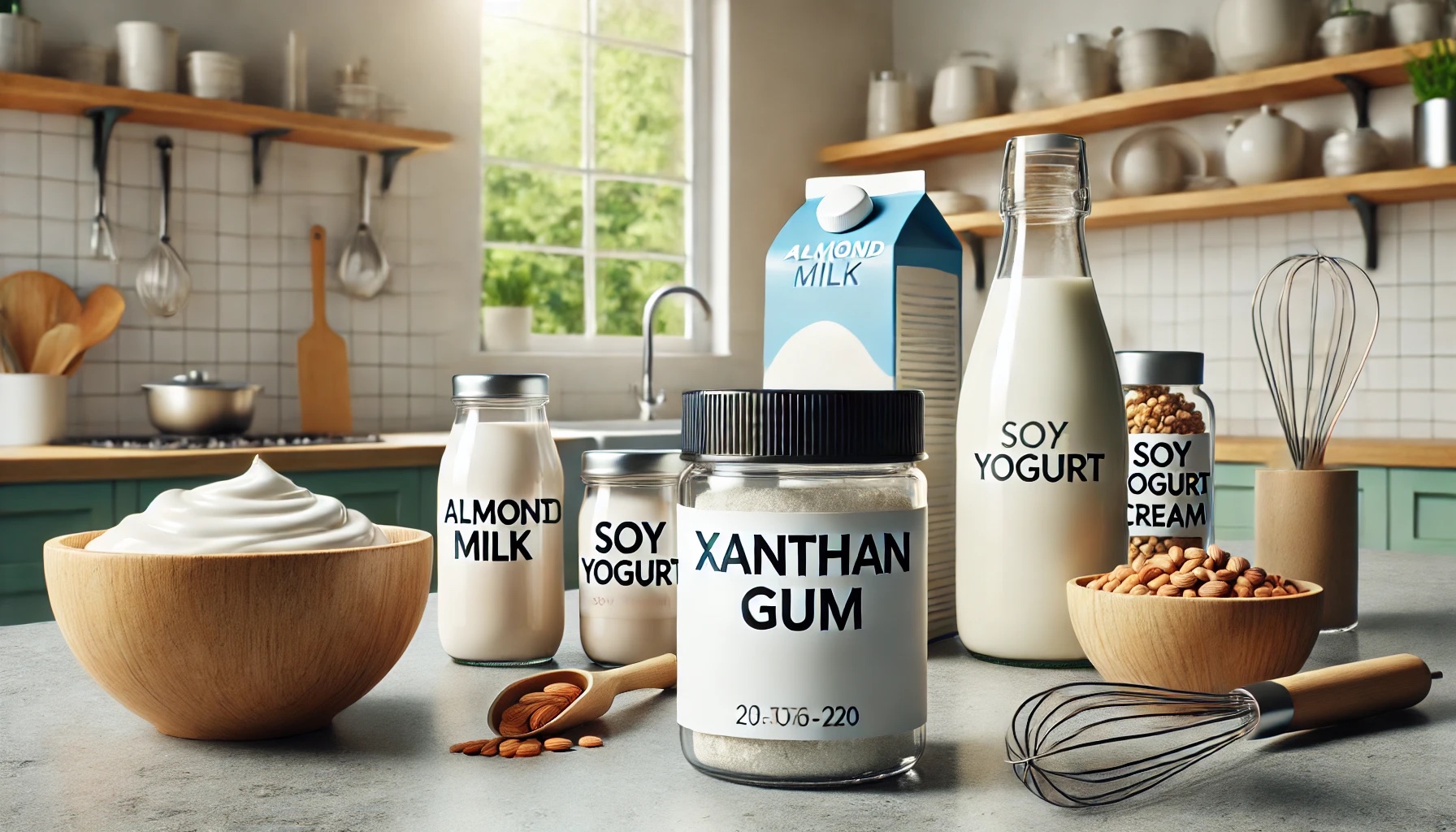Introduction
The demand for Zero Sugar sweets has seen a significant upsurge in recent times, driven by health-conscious choices and the need for natural ingredients.
Businesses are turning to natural sweeteners to cater to this growing market.
This blog explores the benefits, challenges, and market potential of Zero Sugar sweets using natural sweeteners.
The Shift Towards Natural Sweeteners
Health and Wellness Trends
Today’s consumers are more health-conscious than ever, seeking products that not only taste good but also contribute to their overall well-being.
The adverse effects of excessive sugar consumption, such as obesity, diabetes, and cardiovascular diseases, have prompted many to seek alternatives.
Natural sweeteners offer a promising solution, providing sweetness without the negative health impacts associated with traditional sugar.
Regulatory Pressures
Governments worldwide are implementing regulations to reduce sugar consumption, including sugar taxes and stricter labeling requirements.
These measures encourage manufacturers to reformulate their products with healthier alternatives.
Natural sweeteners, derived from plants and fruits, align perfectly with these regulatory trends, offering a viable path to compliance while meeting consumer demand.
Benefits of Using Natural Sweeteners in Zero Sugar Sweets
Health Benefits
Zero Calorie Natural sweeteners like stevia, monk fruit, and erythritol offer numerous health benefits.
They have low to zero calories (depending on formulation and purity), do not raise blood glucose levels, and are suitable for people with diabetes.
Additionally, many natural sweeteners have antioxidant properties and other health-promoting compounds, making them attractive ingredients for health-conscious consumers.
Natural and Clean Label Appeal
Consumers are increasingly favoring products with clean labels—those that contain natural, recognizable ingredients.
Natural sweeteners enhance the clean label appeal of Zero Sugar sweets, making them more attractive to consumers.
This transparency builds trust and loyalty, essential for brand success in the highly competitive market.
Flavor and Versatility
Natural sweeteners have evolved significantly, with advancements in extraction and formulation technologies.
They now offer improved flavor profiles, closely mimicking the taste of sugar without the bitterness or aftertaste associated with earlier versions.
This versatility allows manufacturers to create a wide range of Zero Sugar sweets, from candies and chocolates to baked goods and beverages.
Popular Natural Sweeteners in Zero Sugar Sweets
Stevia
Stevia, derived from the leaves of the Stevia rebaudiana plant, is a popular natural sweetener known for its high sweetness intensity—up to 300 times sweeter than sugar
.It is calorie-free and has no impact on blood sugar levels, making it ideal for Zero Sugar formulations. Stevia is commonly used in candies, beverages, and baked goods.
Monk Fruit
Monk fruit, or Luo Han Guo, is another natural sweetener gaining popularity.
Extracted from the monk fruit plant, it is 150-200 times sweeter than sugar and contains zero calories.
Monk fruit sweetener is valued for its clean, sweet taste without the bitterness of some other natural sweeteners. It is widely used in chocolates, gummies, and beverages.
Erythritol
Erythritol is a sugar alcohol found naturally in certain fruits and fermented foods.
It provides about 60-70% of the sweetness of sugar and has a similar taste and texture.
Erythritol is low in calories and does not raise blood sugar or insulin levels. It is often used in combination with other natural sweeteners to achieve a balanced sweetness in candies, cookies, and frozen desserts.
Challenges and Solutions
Taste and Texture
Achieving the right taste and texture with natural sweeteners can be challenging.
Some natural sweeteners may have an aftertaste or lack the mouthfeel of sugar.
However, blending different natural sweeteners and using advanced formulation techniques can overcome these challenges, resulting in products that closely replicate the sensory experience of sugar-containing sweets.
Cost and Supply Chain
Natural sweeteners can be more expensive than synthetic alternatives, impacting the overall cost of production.
Ensuring a stable supply chain is crucial to maintaining product consistency and pricing.
Building strong relationships with reliable suppliers and exploring bulk purchasing options can help mitigate these costs.
Consumer Education
Educating consumers about the benefits of natural sweeteners and their impact on health is essential.
Transparent communication and marketing efforts highlighting the natural, healthful attributes of these ingredients can drive consumer acceptance and preference for Zero Sugar sweets.
Market Opportunities
Innovative Product Development
The market for Zero Sugar sweets using natural sweeteners is ripe for innovation.
Brands that can develop unique, high-quality products will capture the attention of health-conscious consumers.
Opportunities exist in creating novel flavors, textures, and product formats that differentiate from competitors.
Expanding Market Reach
The global market for Zero Sugar sweets is expanding, with significant growth potential in regions like North America, Europe, and Asia-Pacific.
Leveraging e-commerce platforms and strategic partnerships can help businesses tap into these markets, reaching a wider audience and increasing market share.
Sustainability and Ethical Sourcing
Sustainability is becoming a key factor in consumer purchasing decisions.
Brands that prioritize ethical sourcing and sustainable production practices for their natural sweeteners can appeal to environmentally conscious consumers.
This commitment to sustainability can enhance brand reputation and foster long-term customer loyalty.
Conclusion
The Zero Sugar sweets market, driven by natural sweeteners, presents a compelling opportunity for B2B stakeholders in the food industry.
By capitalizing the health benefits, clean label appeal, and versatility of natural sweeteners, manufacturers can meet the growing demand for healthier alternatives.
Overcoming challenges related to taste, cost, and consumer education will be crucial to success.








